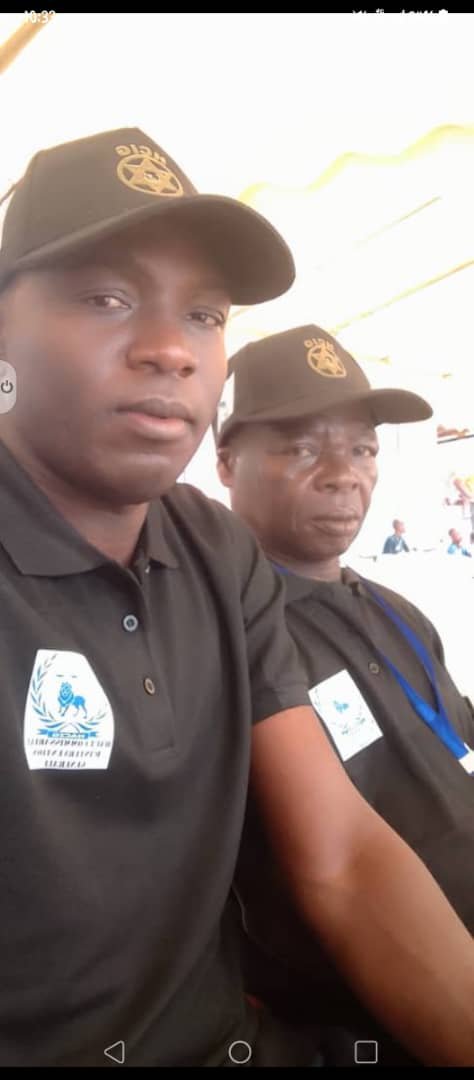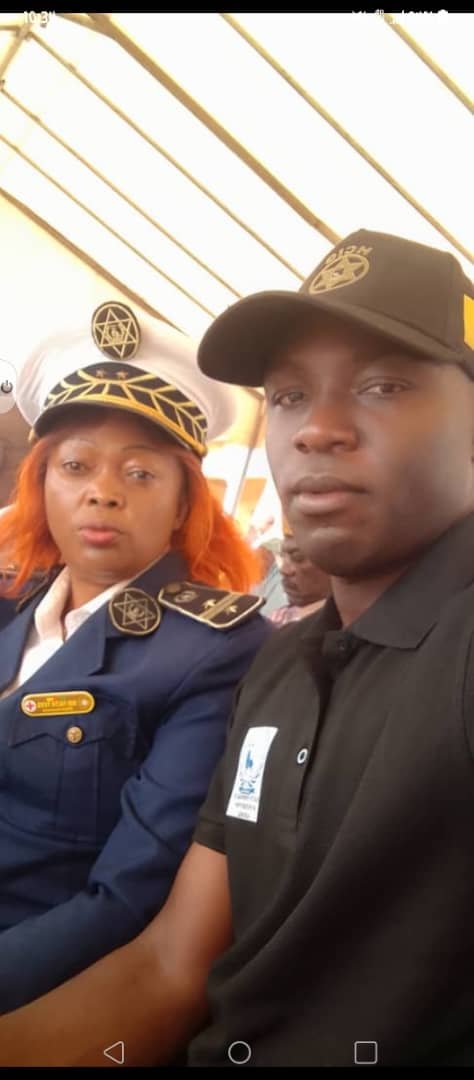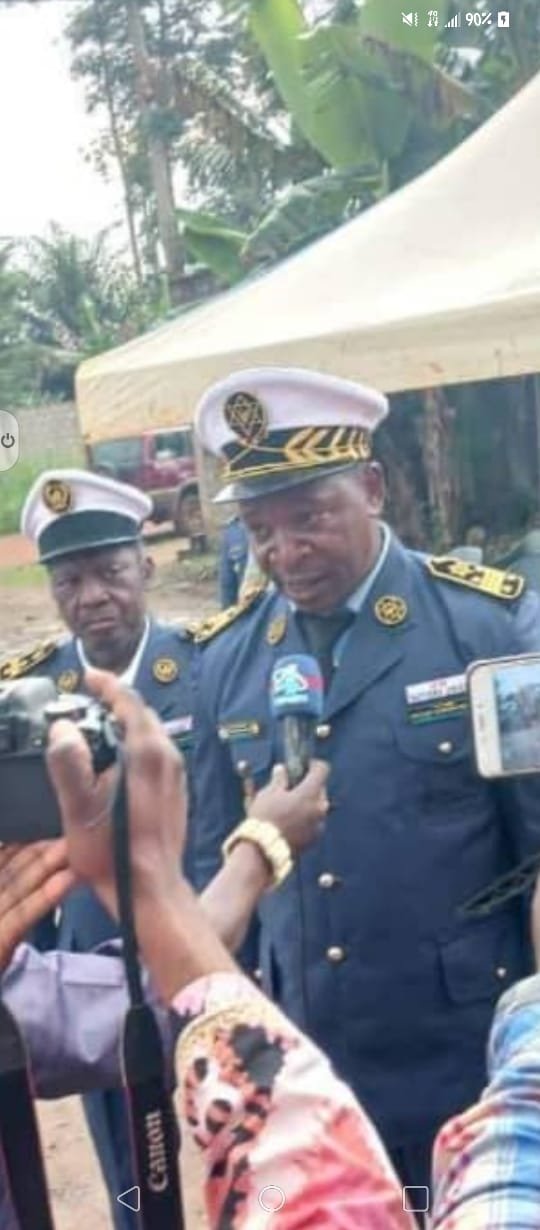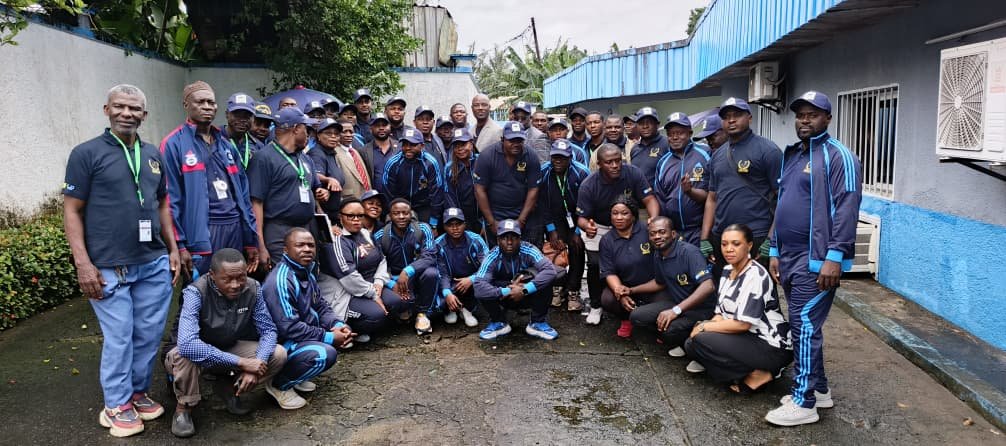Welcome to
Welcome to the High Commission for General Intervention (HCGI) — Haut Commissariat d'Intervention Général (HACIG) in French. We are dedicated to championing the inherent dignity and rights of every individual. Our work spans civil, political, economic, social, and cultural rights, striving to build a world rooted in justice, equality, and human dignity.
Legal Basis: HACIG/HCGI operates in accordance with Resolution 217 A (III) of the United Nations General Assembly, adopted on December 10, 1948 during its 3rd Session (Part 1), GAOR Resolution (A/8101), pages 71–77 — the foundation of the Universal Declaration of Human Rights.
We invite you to join us in this vital mission of advocacy, protection, and global solidarity.
Please we do invite you all for the purpose of a better society (administrators, Judicial police, politicians, journalists, individuals, both national and international organizations) to explore the compelling content of this website.
Specialization
Our Specialized Organes
The High Commission for General Intervention (HACIG) comprises eighteen (18) specialized organes known as Councils. These are decentralized technical organs permitting to intervene in all the different sectors, each structured according to its specific area of expertise:
Each Council operates autonomously within its domain, contributing to HACIG's overarching mission of promoting and defending human rights and fundamental freedoms in all sectors of work.
1. Implementation of National Directives
- Ensure effective implementation of policies, programs, and strategic objectives of HCGI/HACIG within their jurisdictions.- Translate national human rights initiatives into local action plans.
2. Human Rights Monitoring & Reporting
- Monitor and report on human rights issues, violations, and emergencies in their territories.- Collaborate with local communities to identify abuses and refer cases to headquarters or appropriate legal bodies.
3. Community Engagement & Sensitization
- Lead sensitization campaigns on human rights, citizenship, civic duties, and legal awareness.- Organize public education sessions in collaboration with schools, religious groups, traditional rulers, and civil society.
4. Representation & Liaison
- Represent HCGI/HACIG at the regional and local levels before administrative, traditional, and religious authorities.- Act as liaison officers between headquarters and grassroots populations.
5. Support to Victims & Advocacy
- Assist victims of rights violations by guiding them through legal or humanitarian support processes.- Advocate locally for justice, equity, and social cohesion.
6. Operational Oversight
- Ensure compliance with HCGI/HACIG's Code of Ethics, uniform policy, and procedures.- Monitor discipline and activities of members within their jurisdiction.
7. Data Collection & Documentation
- Maintain records on human rights cases, social issues, and HCGI/HACIG interventions in their area.- Collect statistical data useful for national reports and international advocacy.
8. Development of Local Partnerships
- Build and sustain partnerships with local NGOs, health centers, legal clinics, media houses, schools, and other stakeholders.- Identify new opportunities for collaboration aligned with HCGI/HACIG's mission.
9. Security & Peacekeeping Coordination
- Contribute to local peacekeeping, conflict prevention, and mediation through the Peace and Security Commissions.- Collaborate with traditional authorities, councils, and local administrative officials.
10. Uniform Compliance & Identification
- Enforce correct usage of uniforms, insignia, and identification by members.- Report cases of impersonation, non-conformity, or misconduct.
11. Support to Specialized Councils
- Work with specialized HCGI/HACIG councils (health, education, environment, etc.) to facilitate their missions at the local level.Brief History of
High Commission for General Intervention (HCGI)
The High Commission for General Intervention (HCGI/HACIG) was established on December 21, 1998, in Mfou, Yaoundé, Cameroon, under Law No. 081 AD/JO5/BAPP. Dedicated to upholding human rights, HCGI/HACIG is affiliated with Cameroon’s National Commission for Human Rights and received recognition from the United Nations through letter No. ADM/250/YNB/MO20201/09 dated January 14, 2009. Its inception marked a collective commitment to challenge systemic injustices and promote human rights globally. Over the years, HCGI/HACIG has expanded its reach through partnerships with communities, organizations, and individual philanthropists, amplifying voices and driving impactful change worldwide.
Leadership Timeline
Dr. Etienne NEBOT (1998–2012): As the inaugural General High Commissioner, Dr. Nebot led the organization for 14 years. His tenure concluded following a democratic election in Douala, Cameroon, amid a legal dispute concerning the handover of official documents to his successor, Dr. Edgard ABESSO ZAMBO. This led to the issuance of warrant No. 2013-C-1587 by the Court of First Instance in Ndokoti, Douala.

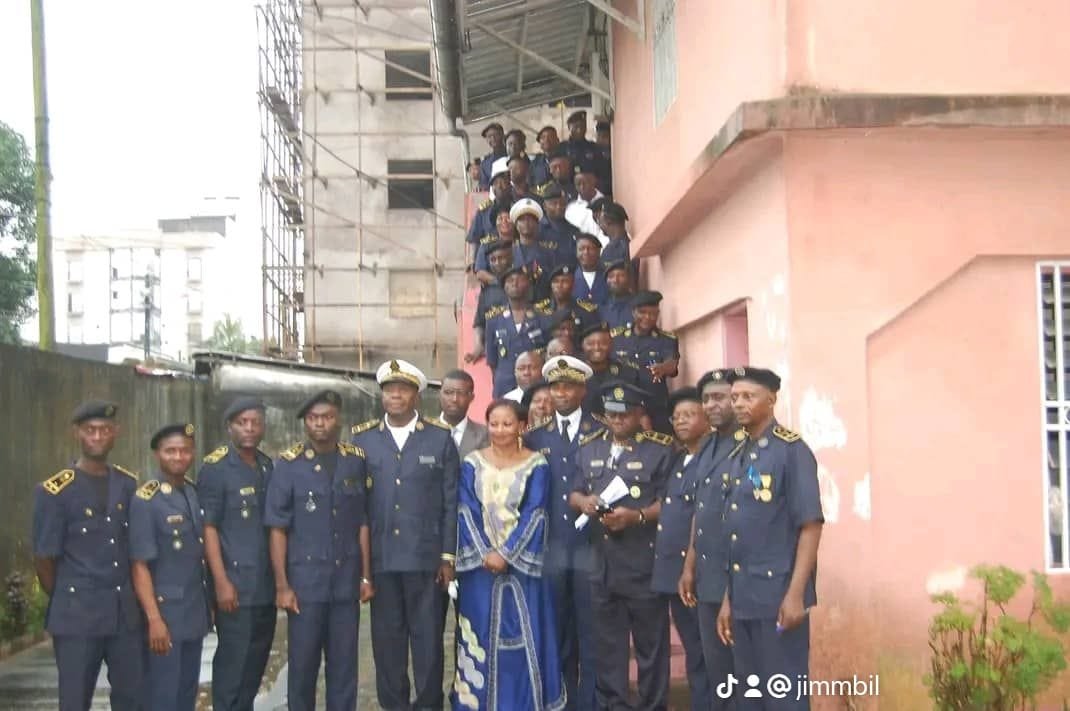

From the year 1998 - 2012.
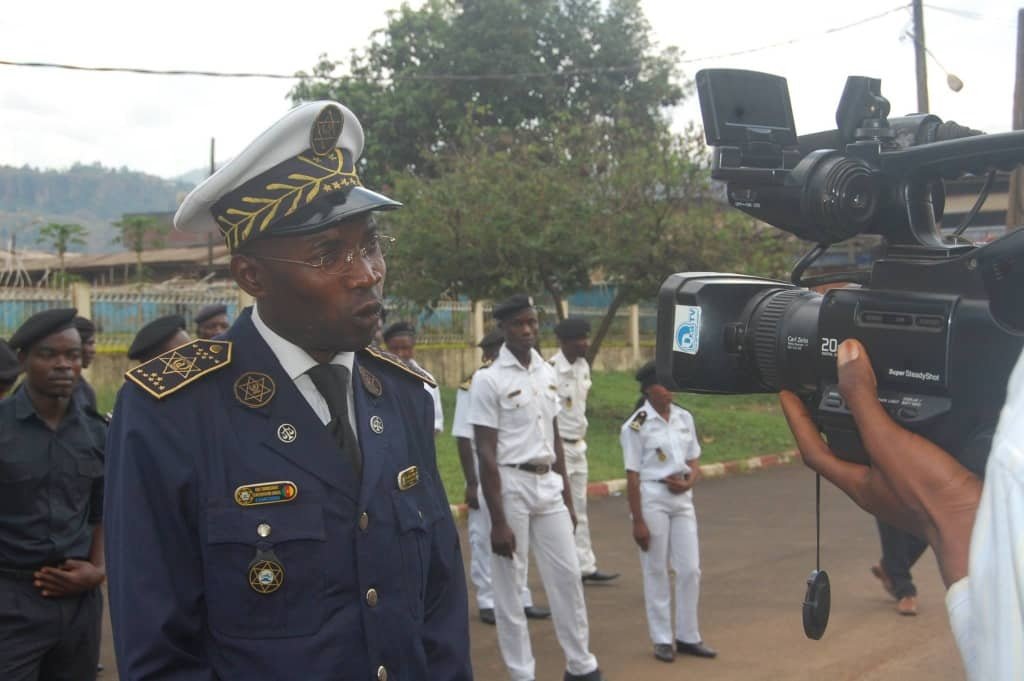
-From the year 2012 - 2022.
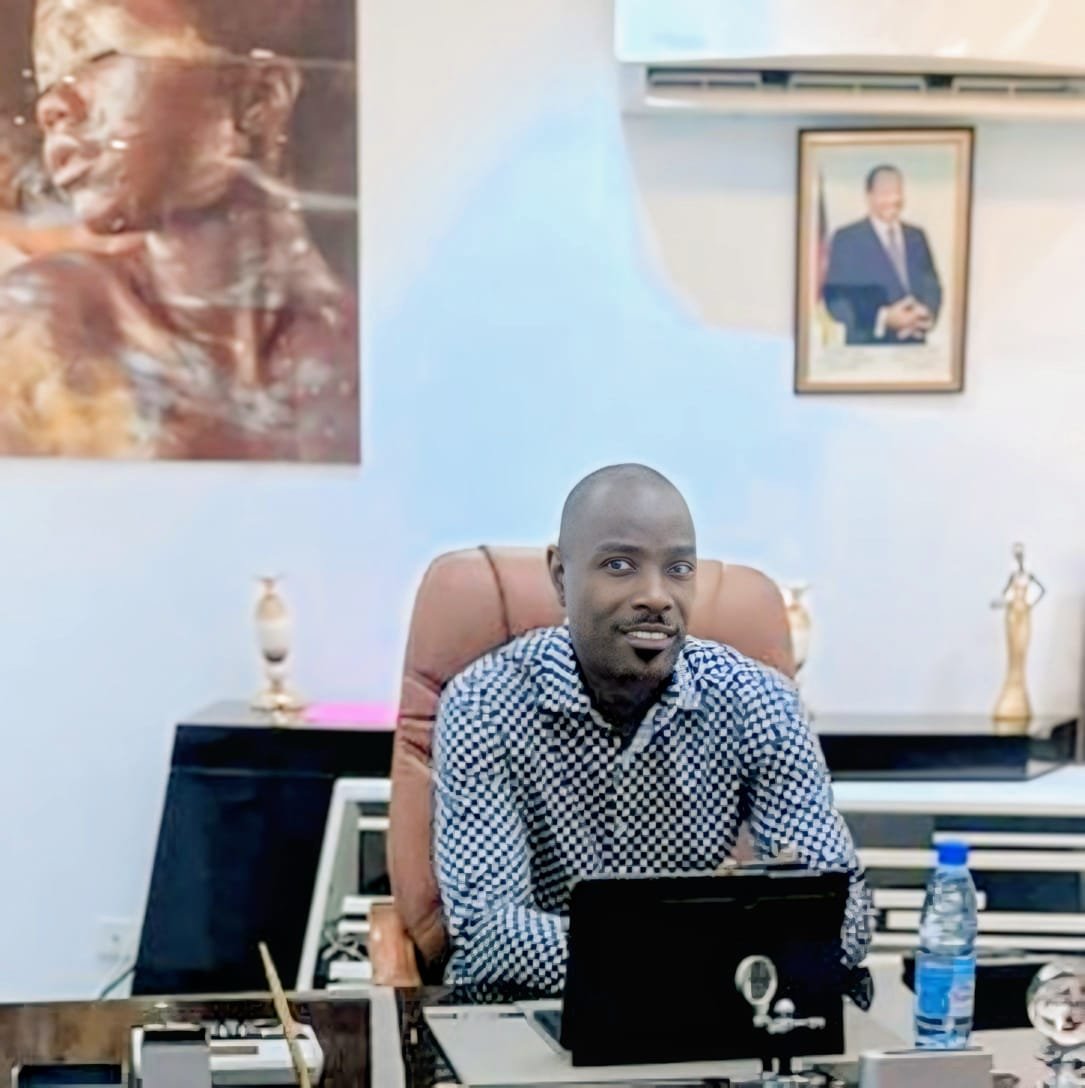
From the Year 2022 - up till now.
Our Mission
Mission Statement
At the High Commission for General Intervention (HCGI/HACIG), our mission is to uphold, defend, and promote the full spectrum of human rights—civil, political, economic, social, cultural, and environmental—across all sectors of society. We are committed to protecting the dignity, freedom, and safety of every individual, while advocating for justice, equity, and accountability. Through legal support, public engagement, and strategic partnerships, we aim to build resilient communities, empower the vulnerable, and create lasting impact locally, nationally, and globally.
As part of our commitment to labor rights and maritime justice, HCGI/HACIG—through its Maritime and Technical Council (MTC)—collaborates with the Cameroon Maritime Society Board (CAMACISOB), uniting key maritime syndicates and associations. Together, we advocate for the establishment and official recognition of the Cameroon National Seafarers Order (CNSO), aiming to ensure fair representation and protection for Cameroonian seafarers. This initiative has garnered support from national authorities and international bodies, including the International Labour Organization (BIT in Yaounde, Cameroon).
Uniform Non-Conformity means failing to meet those standards. It includes:
Below are examples of some members classified as uniforms under this category (Uniforms non Conformity);

Statutorily goals and objectives of HCGI / HACIG are:
The promotion and defense of human rights and fundamental freedoms; the social advancement of its members; and the protection of people and property in all domains.
To achieve these goals, HACIG:
latest News
latest updates
Contact Now
Featured Campaigns & Urgent Actions
In response to reports of human rights violations by individuals and conservation organizations, we are advocating for accountability and the protection of indigenous individuals and communities impacted by such initiatives.
Phone
Office
Join our Urgent Action Network to respond swiftly to human rights violations across the globe. Your voice can make a powerful difference in times of crisis.


